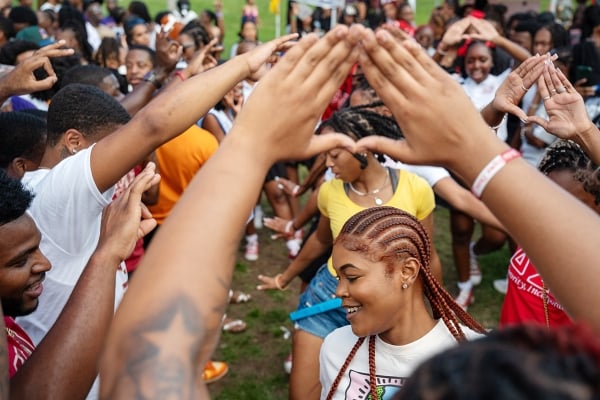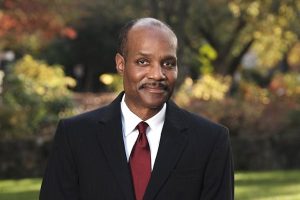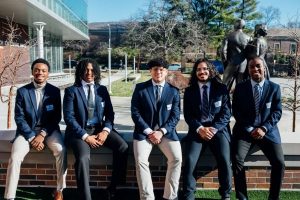The announcement of Senator Kamala Harris as the Democratic vice-presidential nominee has ignited a wave of excitement among historically black colleges and universities (HBCU) students across the country. As the first black woman and first Asian American on a major party’s presidential ticket, Harris’s candidacy holds significant importance for many young voters, particularly those from minority groups.
HBCU students have long been politically active and engaged in social justice issues, and Harris’s background as a graduate of Howard University, a prestigious HBCU in Washington D.C., has only strengthened the connection between the candidate and this community. Many students see Harris as a powerful symbol of progress and representation in a political landscape that has often marginalized people of color.
Harris’s presence on the ticket has also energized young voters who have been disillusioned with the political process in recent years. Her strong advocacy for criminal justice reform, healthcare access, and racial equality resonate with many HBCU students who are passionate about creating a more just and equitable society.
The question now is whether this enthusiasm will translate into actual votes come November. While many HBCU students are excited about Harris’s candidacy, there are still barriers that could hinder their participation in the election. Voter suppression tactics, such as restrictive ID laws and polling place closures, disproportionately affect minority communities, including HBCU students. Additionally, the COVID-19 pandemic has created new challenges for young voters, who may be concerned about the safety of in-person voting or unsure about the process of voting by mail.
However, there are efforts underway to mobilize HBCU students and ensure that their voices are heard on Election Day. Organizations like the NAACP and the HBCU Presidents’ Roundtable have been working to register young voters, educate them on the voting process, and provide resources for safe and accessible voting options. Social media campaigns, virtual events, and campus outreach efforts have also been instrumental in engaging HBCU students and encouraging them to participate in the democratic process.
Ultimately, the outcome of the election will depend on the collective action of young voters, including HBCU students. By harnessing their enthusiasm for Harris’s candidacy and turning it into tangible support at the polls, this generation has the opportunity to shape the future of American politics and ensure that their voices are heard. As Harris herself has said, “You have the power to make a change in your community, in your country, or in your world, and I wish you well as you do.”



